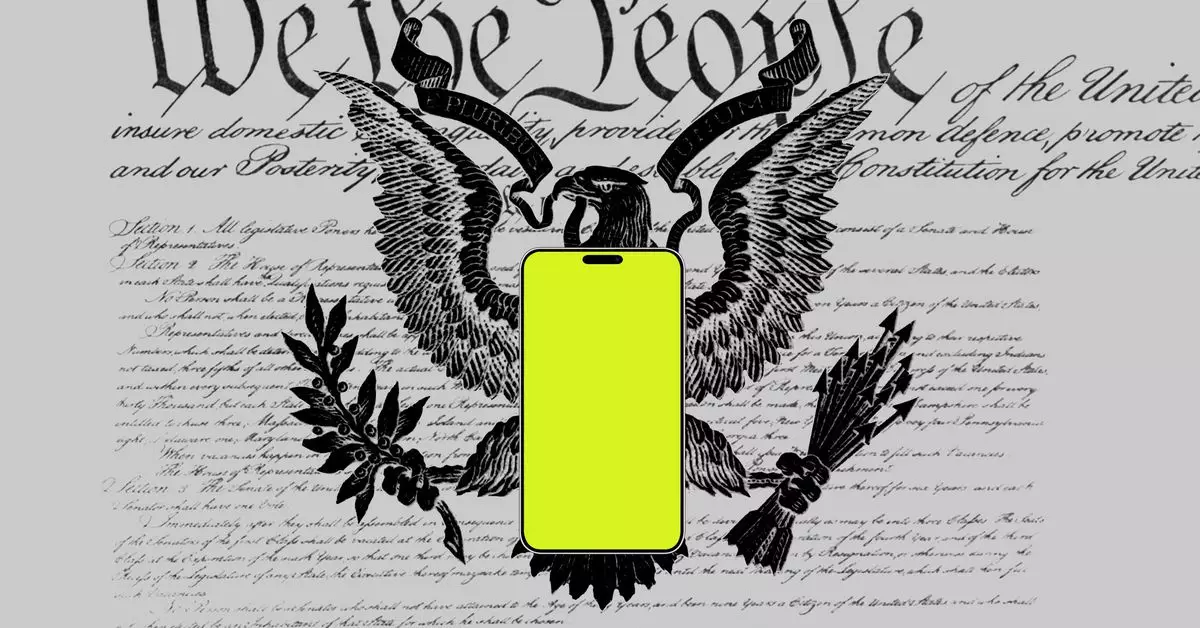The Federal Trade Commission (FTC) has reported a significant decline in complaints regarding unwanted telemarketing calls for the third consecutive year. According to their recent announcement, the number of complaints has dropped by over 50% since 2021, highlighting a successful strategy in combating these intrusive and annoying calls. Specifically, during the fiscal year 2024, there were approximately 33,000 fewer complaints compared to the previous year. This trend suggests that government actions aimed at curbing telemarketing and phone scams have been effective, providing relief to consumers inundated by relentless marketing solicitations.
The Role of Regulatory Agencies
The FTC’s comprehensive approach, spearheaded by its Bureau of Consumer Protection Director, Sam Levine, emphasizes a multi-faceted strategy to tackle the issue at its roots. This encompasses targeting upstream players in the telemarketing chain, thereby addressing both the callers and the systems that allow these scams to propagate. Levine acknowledged that despite the noticeable reduction in complaints, illegal calls still pose a significant threat, but the agency’s efforts have made a tangible difference in the landscape of unsolicited communications.
In addition to the FTC’s various crackdowns and regulatory measures, the agency has implemented rules that explicitly prohibit the impersonation of governmental entities and businesses. This is particularly crucial in maintaining consumer trust and ensuring that individuals can differentiate legitimate calls from scams. The Telemarketing Sales Rule (TSR) has also undergone updates to incorporate protections against the growing threat of artificially generated calls, addressing the evolving landscape of telemarketing.
Emerging Threats and Continued Challenges
Despite the notable improvements reported, it is essential to recognize that certain types of unwanted calls have seen an uptick. For instance, complaints concerning debt reduction calls have surged by more than 85% compared to the previous year. This highlights a duality in the fight against telemarketing; even as specific categories of unwanted calls decline, others continue to emerge or worsen, thus requiring ongoing vigilance and response from regulatory agencies.
Moreover, the collaboration between the FTC and the Federal Communications Commission (FCC) has led to impactful initiatives, including a $300 million proposed fine for deceptive vehicle warranty campaigns. The implementation of anti-spoofing protocols by major US mobile carriers signifies a critical step toward validating caller identities, thereby enhancing consumer protection. The FCC’s prohibition of AI-generated robocalls further amplifies efforts to combat this modern threat, ensuring that consumers have the right to opt out of unwanted communications.
The noticeable reduction in complaints about unwanted telemarketing calls reflects the efficacy of concerted regulatory actions over the past few years. While challenges such as debt reduction scams persist, the overarching trend showcases progress in protecting consumers from the invasive nature of telemarketing. Ongoing efforts by the FTC, FCC, and telecommunications companies will be vital in not only addressing current issues but also in anticipating and mitigating future threats to consumer privacy and satisfaction. As technology advances, so too must the strategies to safeguard everyday individuals from the burdens of unwanted and deceptive communications.

